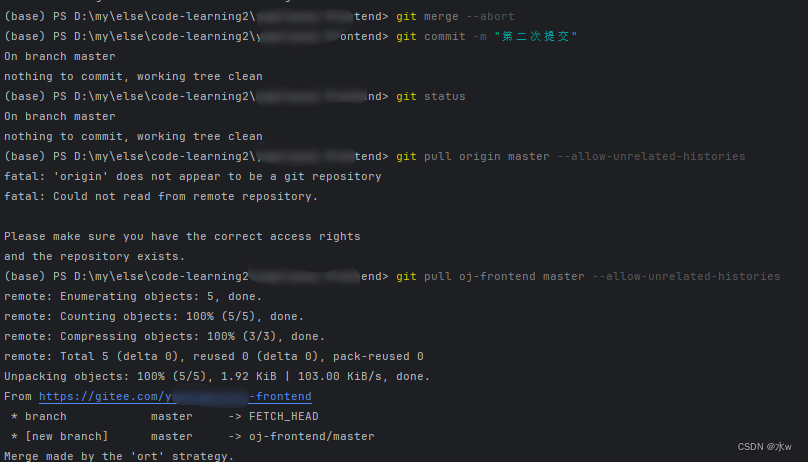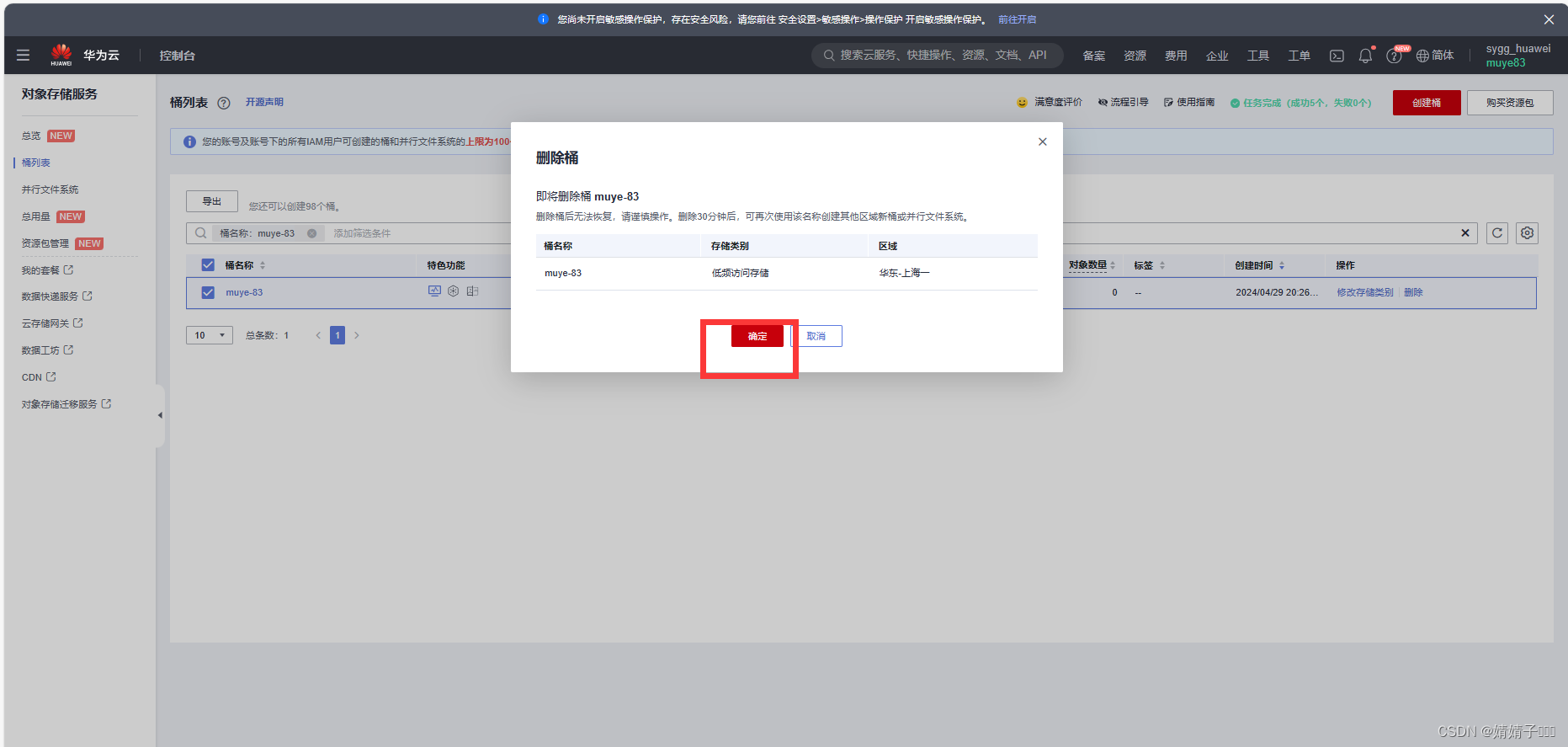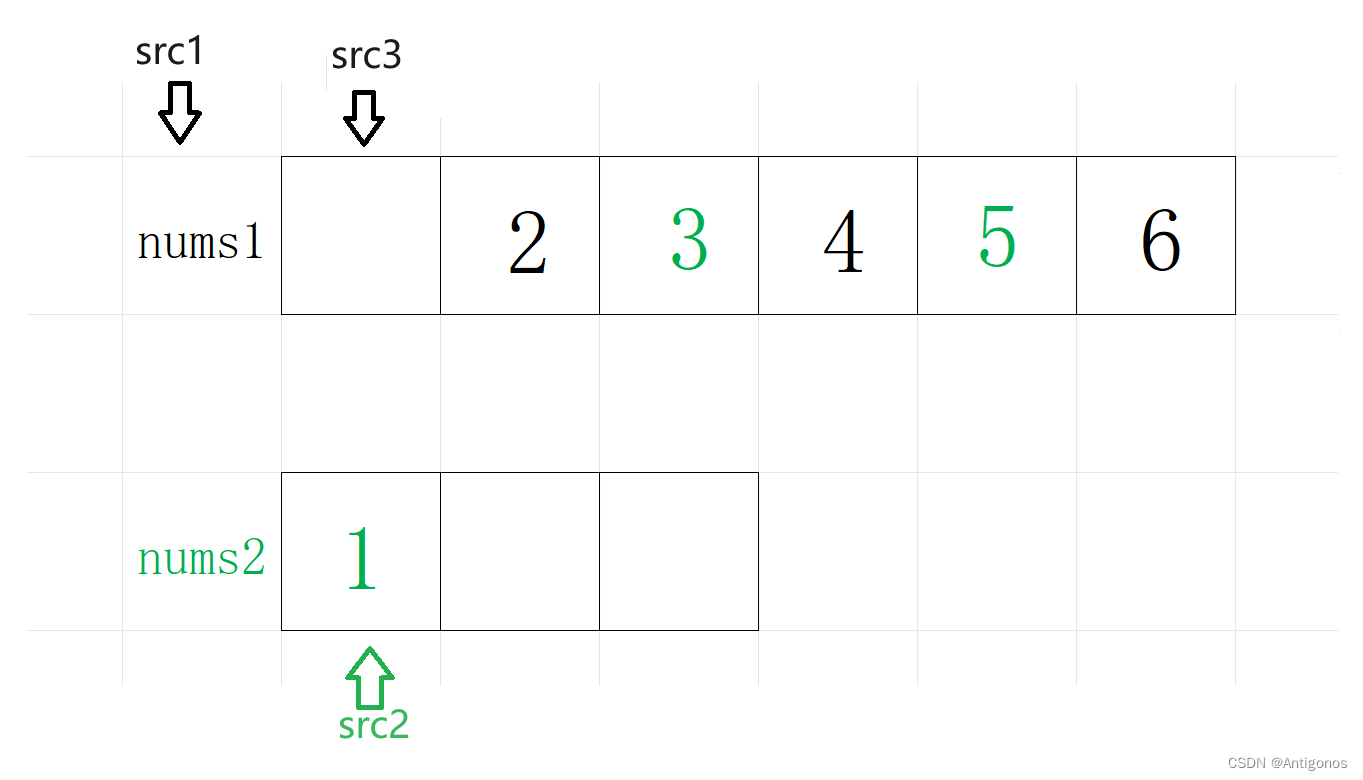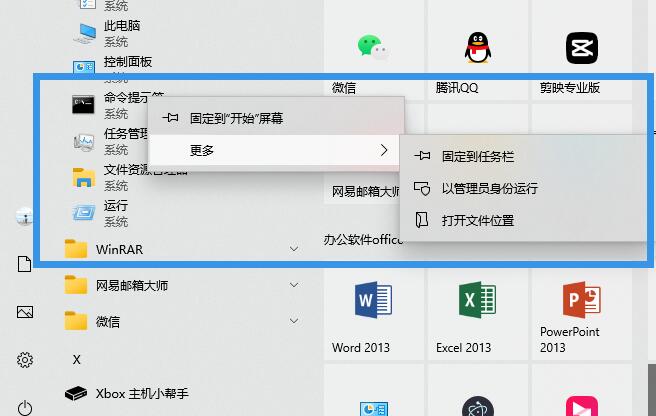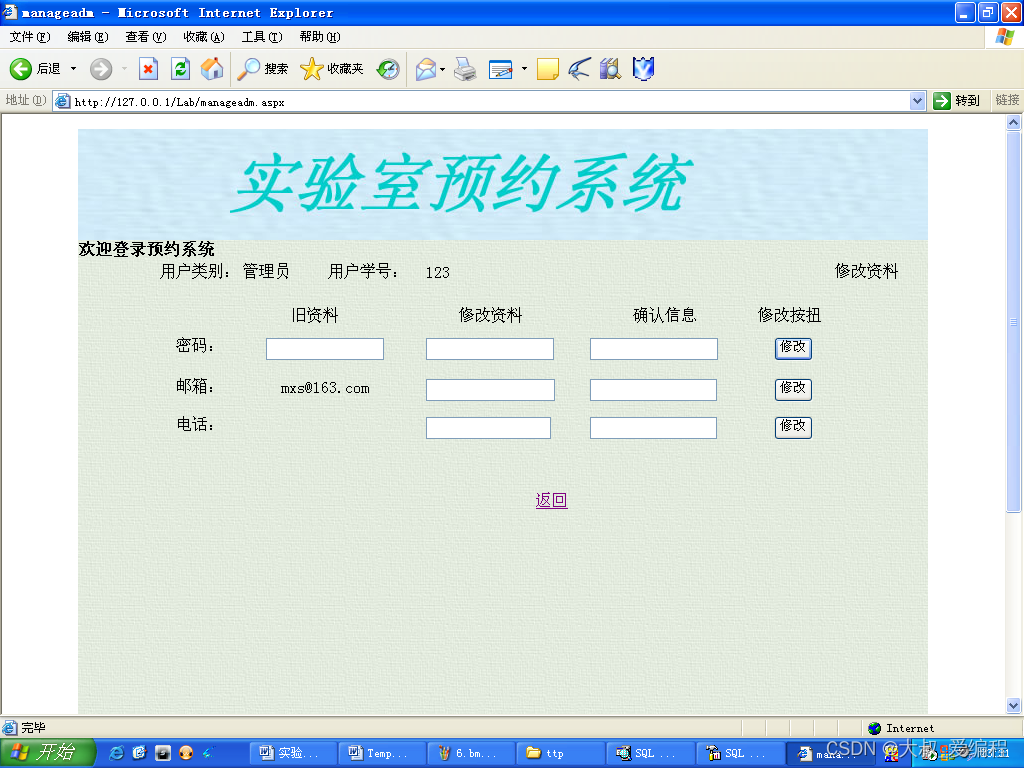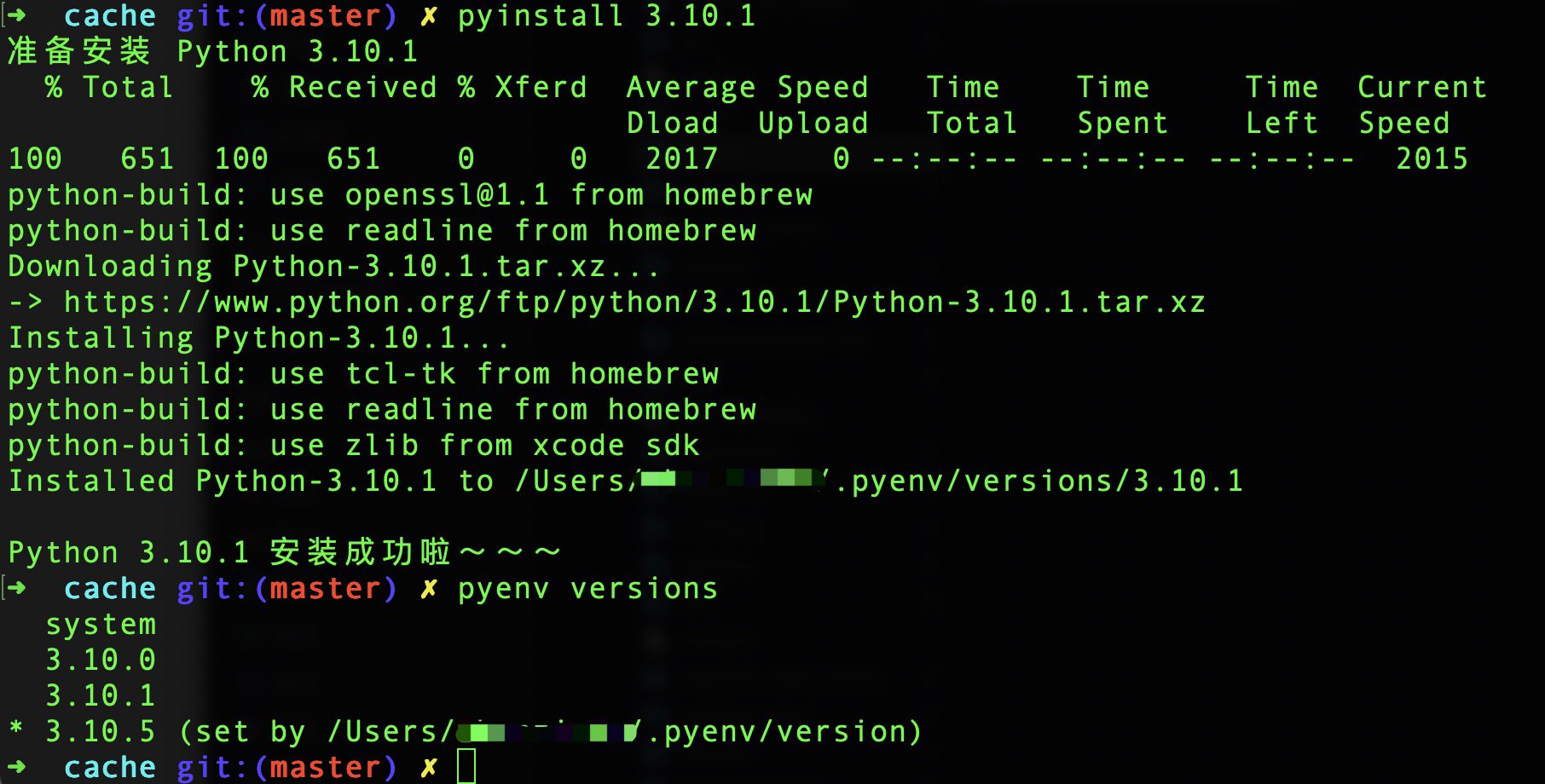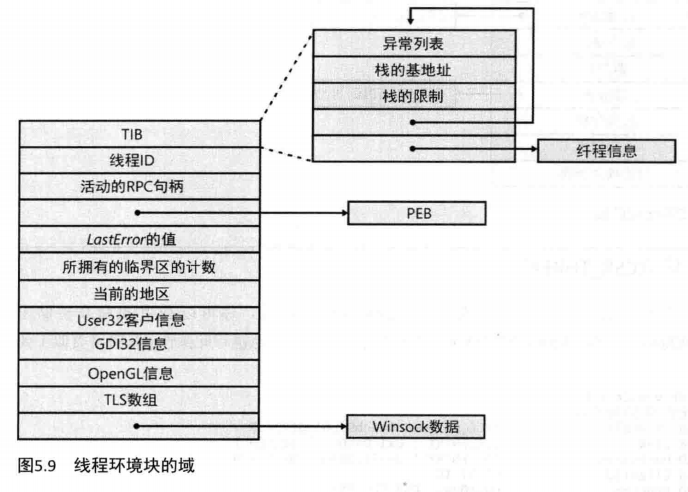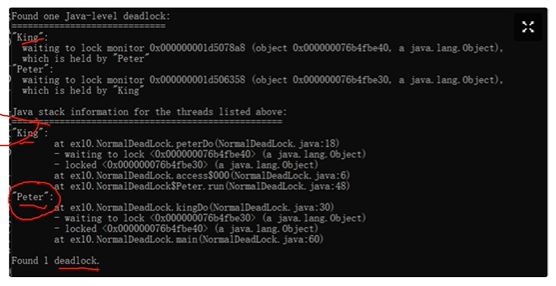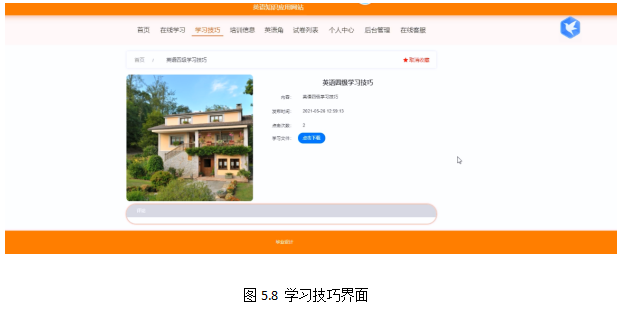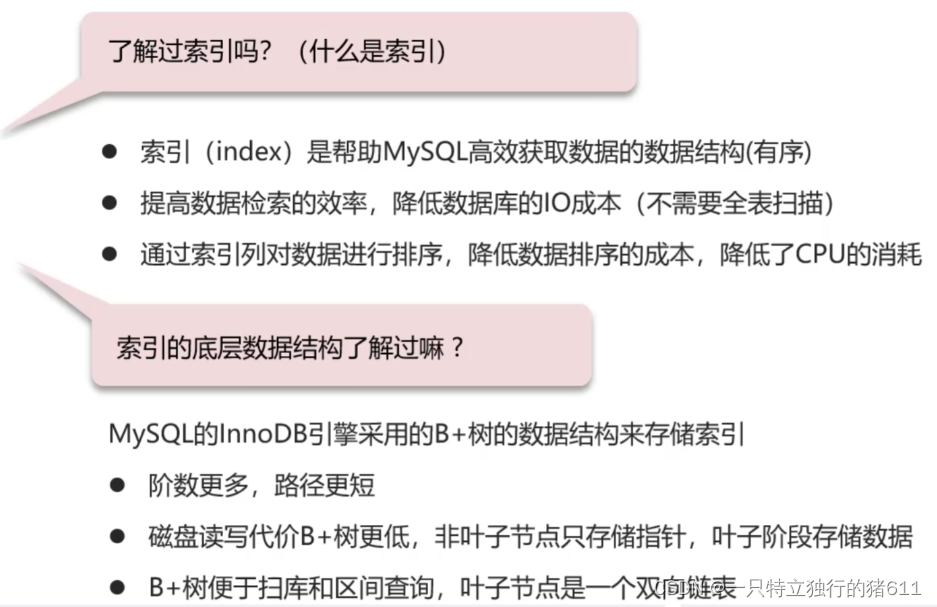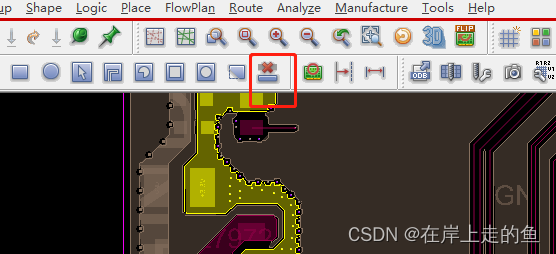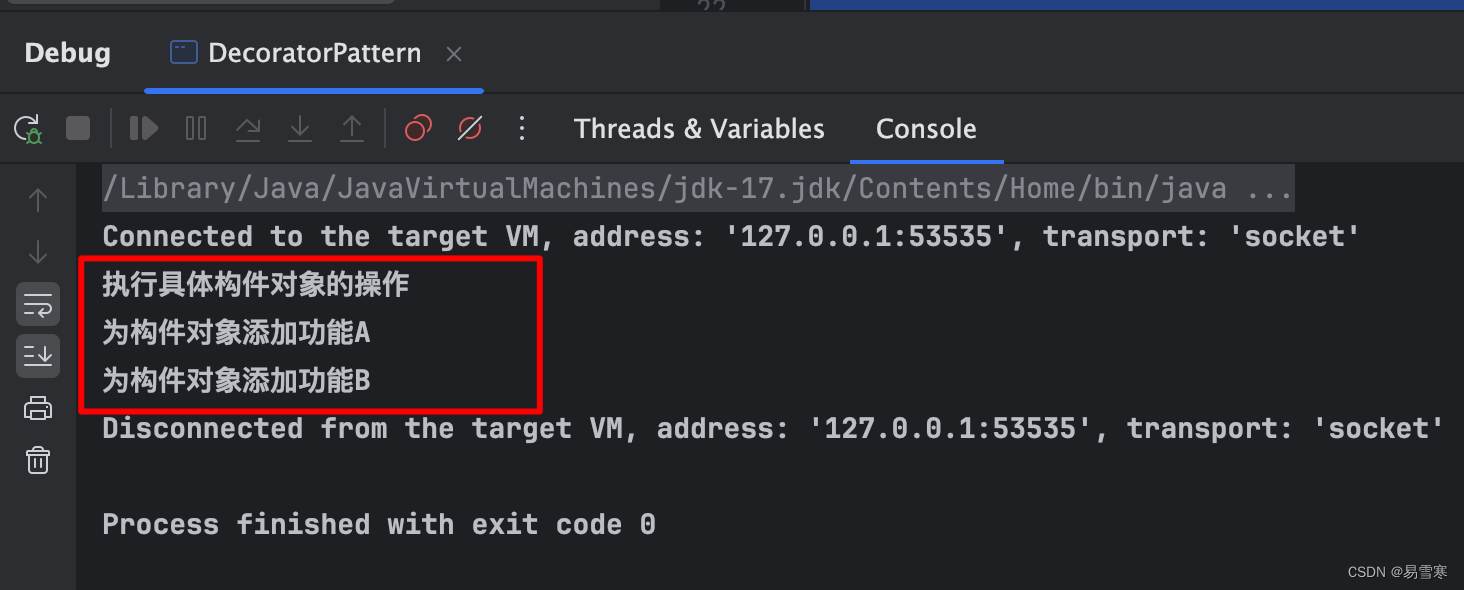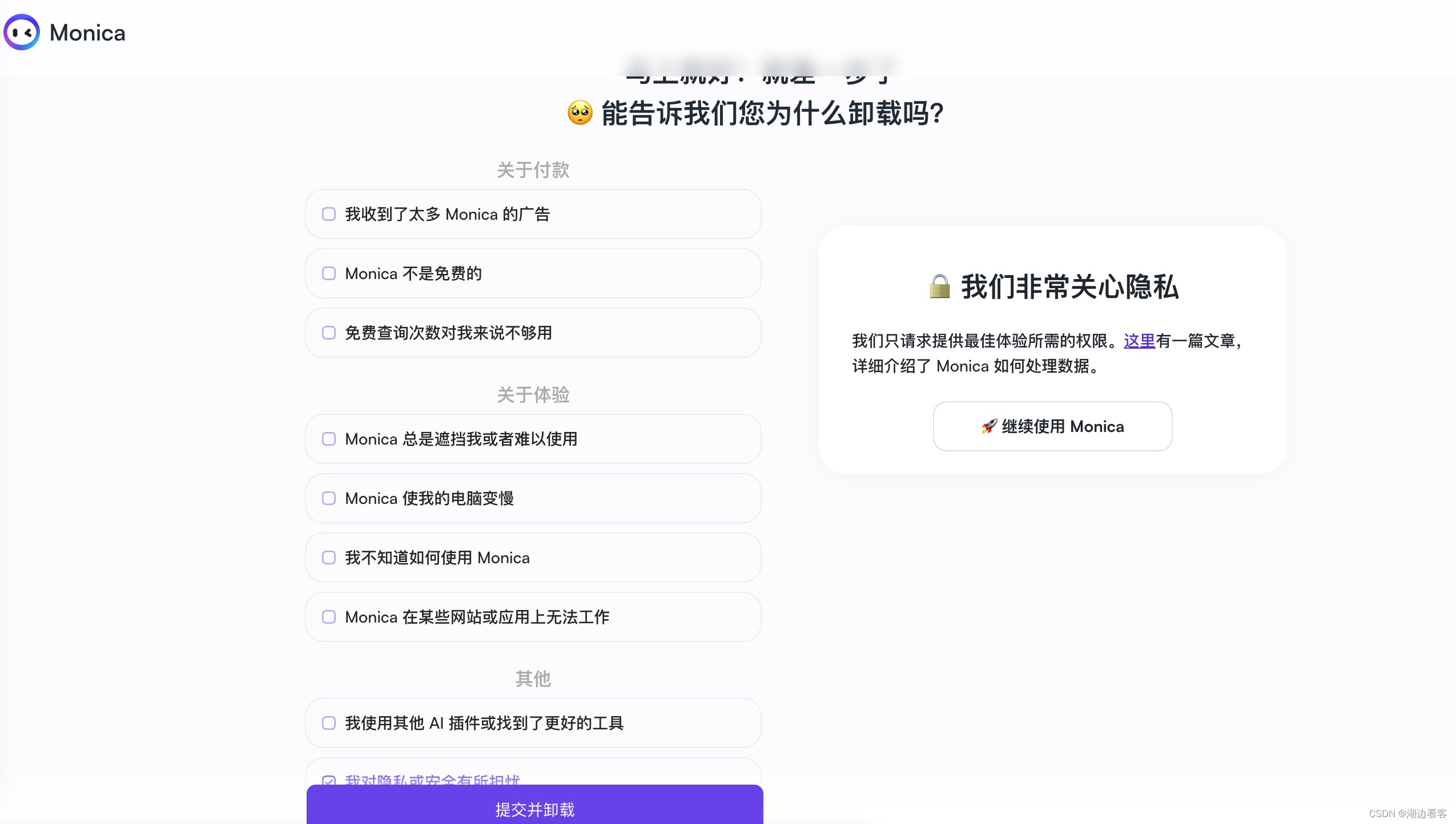文章目录
- 前言
- 一、OP_ACCEPT事件注册
- 1.1 bind 完成之后监听OP_ACCEPT
- 1.2 register0注册完成之后监听OP_ACCEPT
- 二、事件处理
- 在这里插入图片描述
- 三、总结
前言
文档中的图片如果不清晰可以直接在线看processOn
processOn文档跳转
接上一篇:手撕netty源码(三)- ServerBootstrap绑定端口
本篇从源码讲解 ServerBootstrap 是如何监听各种事件的。
一、OP_ACCEPT事件注册
注意:这里ops传的是0,代表现在还没有准备开始监听事件,那是从什么时候开始监听感兴趣的事件呢?
//io/netty/channel/nio/AbstractNioChannel.java
protected void doRegister() throws Exception {
boolean selected = false;
for (;;) {
try {
selectionKey = javaChannel().register(eventLoop().unwrappedSelector(), 0, this);
return;
} catch (CancelledKeyException e) {
if (!selected) {
// Force the Selector to select now as the "canceled" SelectionKey may still be
// cached and not removed because no Select.select(..) operation was called yet.
eventLoop().selectNow();
selected = true;
} else {
// We forced a select operation on the selector before but the SelectionKey is still cached
// for whatever reason. JDK bug ?
throw e;
}
}
}
}
最初我们遇到accept是在创建NioServerSocketChannel实例的时候,只是将SelectionKey.OP_ACCEPT赋值给属性‘this.readInterestOp’
// io/netty/channel/socket/nio/NioServerSocketChannel.java
public NioServerSocketChannel(ServerSocketChannel channel) {
super(null, channel, SelectionKey.OP_ACCEPT);
config = new NioServerSocketChannelConfig(this, javaChannel().socket());
}
// io/netty/channel/nio/AbstractNioChannel.java
protected AbstractNioChannel(Channel parent, SelectableChannel ch, int readInterestOp) {
super(parent);
this.ch = ch;
this.readInterestOp = readInterestOp;
try {
ch.configureBlocking(false);
} catch (IOException e) {
try {
ch.close();
} catch (IOException e2) {
logger.warn(
"Failed to close a partially initialized socket.", e2);
}
throw new ChannelException("Failed to enter non-blocking mode.", e);
}
}
1.1 bind 完成之后监听OP_ACCEPT
用debug方式发现,最终开始监听OP_ACCEPT是在io/netty/channel/nio/AbstractNioChannel.java#doBeginRead(),从线程栈信息可以看出来,是在doBind完成之后,异步执行pipeline.fireChannelActive();来监听OP_ACCEPT事件的
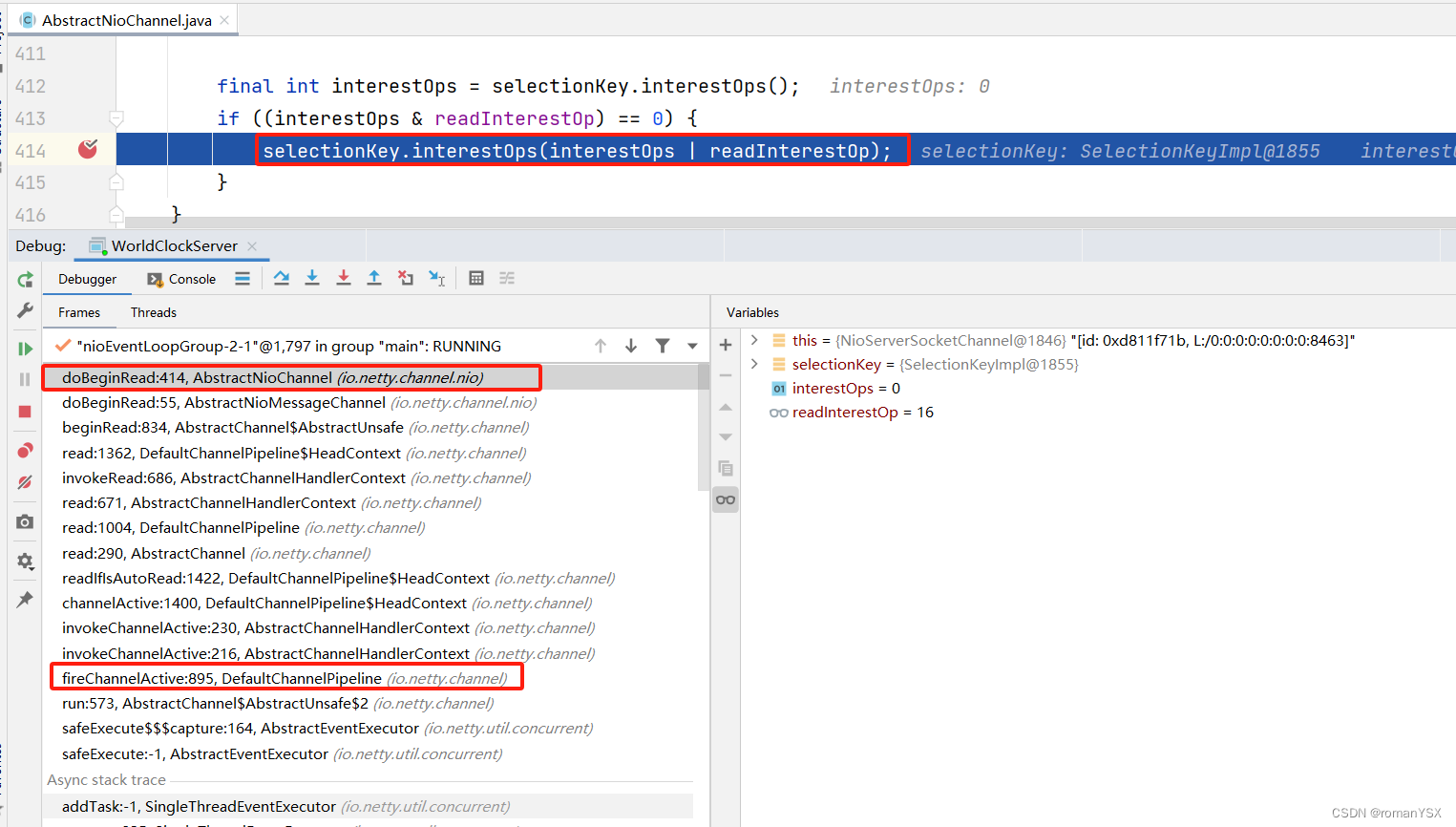
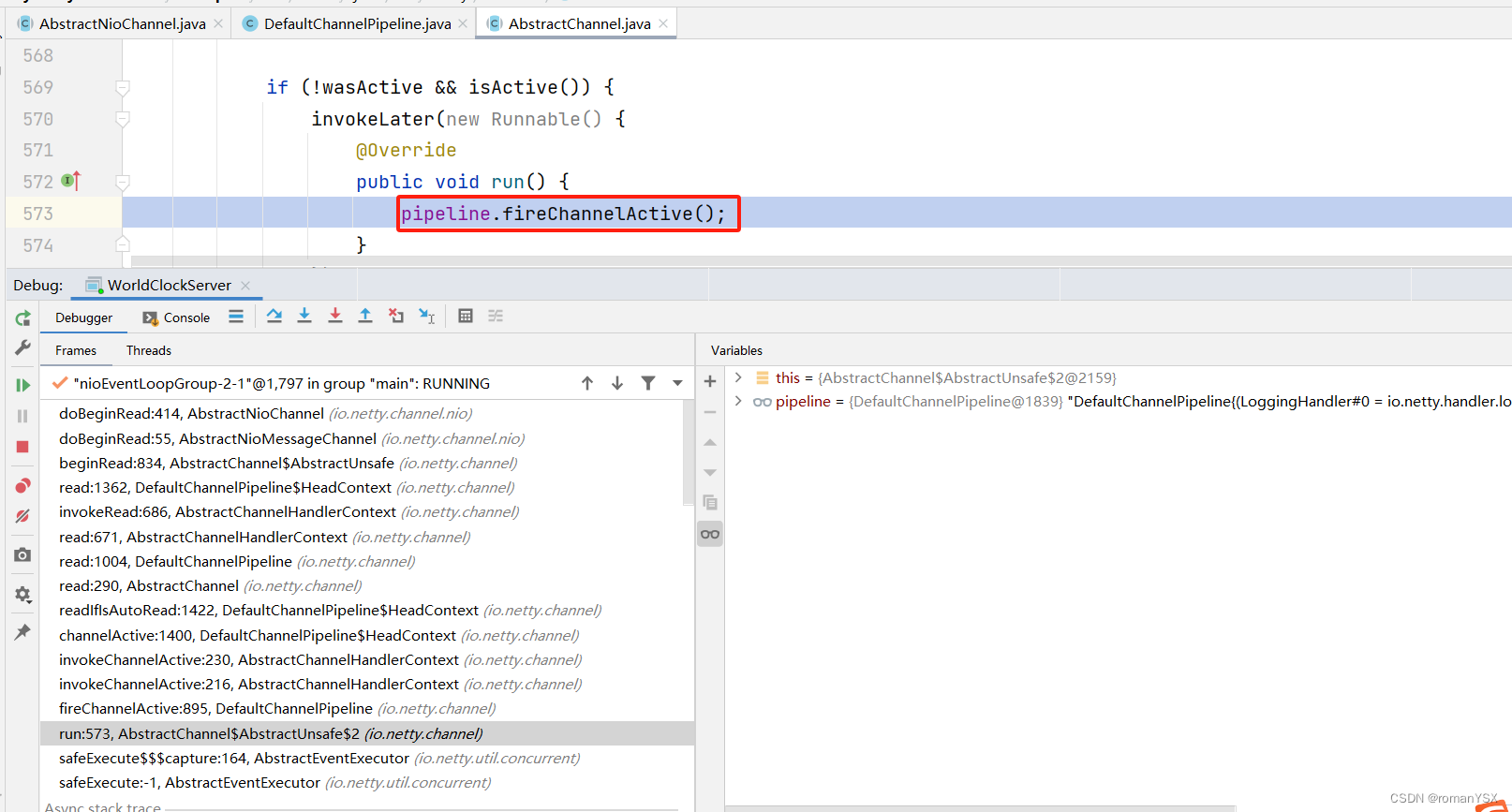
// io/netty/channel/AbstractChannel.java#AbstractUnsafe
public final void bind(final SocketAddress localAddress, final ChannelPromise promise) {
assertEventLoop();
if (!promise.setUncancellable() || !ensureOpen(promise)) {
return;
}
// See: https://github.com/netty/netty/issues/576
if (Boolean.TRUE.equals(config().getOption(ChannelOption.SO_BROADCAST)) &&
localAddress instanceof InetSocketAddress &&
!((InetSocketAddress) localAddress).getAddress().isAnyLocalAddress() &&
!PlatformDependent.isWindows() && !PlatformDependent.maybeSuperUser()) {
// Warn a user about the fact that a non-root user can't receive a
// broadcast packet on *nix if the socket is bound on non-wildcard address.
logger.warn(
"A non-root user can't receive a broadcast packet if the socket " +
"is not bound to a wildcard address; binding to a non-wildcard " +
"address (" + localAddress + ") anyway as requested.");
}
boolean wasActive = isActive();
try {
doBind(localAddress);
} catch (Throwable t) {
safeSetFailure(promise, t);
closeIfClosed();
return;
}
if (!wasActive && isActive()) {
invokeLater(new Runnable() {
@Override
public void run() {
pipeline.fireChannelActive();
}
});
}
safeSetSuccess(promise);
}
1.2 register0注册完成之后监听OP_ACCEPT
在register0()方法中,注册完成之后,也有pipeline.fireChannelActive();的逻辑,同样也可以调用到io/netty/channel/nio/AbstractNioChannel.java#doBeginRead()
这是因为register0是异步执行的,可能pipeline.fireChannelRegistered();执行之后,bind方法已经执行完成,那么这里就要fireChannelActive,这也是为什么doBind执行之前要先获取wasActive 的原因
// io/netty/channel/AbstractChannel.java
private void register0(ChannelPromise promise) {
try {
// check if the channel is still open as it could be closed in the mean time when the register
// call was outside of the eventLoop
if (!promise.setUncancellable() || !ensureOpen(promise)) {
return;
}
boolean firstRegistration = neverRegistered;
doRegister();
neverRegistered = false;
registered = true;
// Ensure we call handlerAdded(...) before we actually notify the promise. This is needed as the
// user may already fire events through the pipeline in the ChannelFutureListener.
pipeline.invokeHandlerAddedIfNeeded();
safeSetSuccess(promise);
pipeline.fireChannelRegistered();
// Only fire a channelActive if the channel has never been registered. This prevents firing
// multiple channel actives if the channel is deregistered and re-registered.
if (isActive()) {
if (firstRegistration) {
pipeline.fireChannelActive();
} else if (config().isAutoRead()) {
// This channel was registered before and autoRead() is set. This means we need to begin read
// again so that we process inbound data.
//
// See https://github.com/netty/netty/issues/4805
beginRead();
}
}
} catch (Throwable t) {
// Close the channel directly to avoid FD leak.
closeForcibly();
closeFuture.setClosed();
safeSetFailure(promise, t);
}
}
二、事件处理
源码看到现在,已经完成了OP_ACCEPT事件的监听和端口的绑定,基本上bossGroup已经完成,接下来看看各种读、写、连接事件是如何处理的。
当bossGroup中EventLoop开始执行任务时,会死循环执行processSelectedKeys();和runAllTasks();
processSelectedKeys()负责处理各种读写连接事件;
runAllTasks()负责执行提交给EventLoop的异步任务;
protected void run() {
int selectCnt = 0;
for (;;) {
try {
int strategy;
try {
strategy = selectStrategy.calculateStrategy(selectNowSupplier, hasTasks());
switch (strategy) {
case SelectStrategy.CONTINUE:
continue;
case SelectStrategy.BUSY_WAIT:
// fall-through to SELECT since the busy-wait is not supported with NIO
case SelectStrategy.SELECT:
long curDeadlineNanos = nextScheduledTaskDeadlineNanos();
if (curDeadlineNanos == -1L) {
curDeadlineNanos = NONE; // nothing on the calendar
}
nextWakeupNanos.set(curDeadlineNanos);
try {
if (!hasTasks()) {
strategy = select(curDeadlineNanos);
}
} finally {
// This update is just to help block unnecessary selector wakeups
// so use of lazySet is ok (no race condition)
nextWakeupNanos.lazySet(AWAKE);
}
// fall through
default:
}
} catch (IOException e) {
// If we receive an IOException here its because the Selector is messed up. Let's rebuild
// the selector and retry. https://github.com/netty/netty/issues/8566
rebuildSelector0();
selectCnt = 0;
handleLoopException(e);
continue;
}
selectCnt++;
cancelledKeys = 0;
needsToSelectAgain = false;
final int ioRatio = this.ioRatio;
boolean ranTasks;
if (ioRatio == 100) {
try {
if (strategy > 0) {
processSelectedKeys();
}
} finally {
// Ensure we always run tasks.
ranTasks = runAllTasks();
}
} else if (strategy > 0) {
final long ioStartTime = System.nanoTime();
try {
processSelectedKeys();
} finally {
// Ensure we always run tasks.
final long ioTime = System.nanoTime() - ioStartTime;
ranTasks = runAllTasks(ioTime * (100 - ioRatio) / ioRatio);
}
} else {
ranTasks = runAllTasks(0); // This will run the minimum number of tasks
}
if (ranTasks || strategy > 0) {
if (selectCnt > MIN_PREMATURE_SELECTOR_RETURNS && logger.isDebugEnabled()) {
logger.debug("Selector.select() returned prematurely {} times in a row for Selector {}.",
selectCnt - 1, selector);
}
selectCnt = 0;
} else if (unexpectedSelectorWakeup(selectCnt)) { // Unexpected wakeup (unusual case)
selectCnt = 0;
}
} catch (CancelledKeyException e) {
// Harmless exception - log anyway
if (logger.isDebugEnabled()) {
logger.debug(CancelledKeyException.class.getSimpleName() + " raised by a Selector {} - JDK bug?",
selector, e);
}
} catch (Error e) {
throw e;
} catch (Throwable t) {
handleLoopException(t);
} finally {
// Always handle shutdown even if the loop processing threw an exception.
try {
if (isShuttingDown()) {
closeAll();
if (confirmShutdown()) {
return;
}
}
} catch (Error e) {
throw e;
} catch (Throwable t) {
handleLoopException(t);
}
}
}
}
下面看一下在EventLoop中是如何处理事件的:
三、总结
netty的服务端源码讲解已经接近尾声,但是每一块都比较散,没有将整体串起来,下一篇我会把整个netty服务端的线程模型和逻辑架构串起来,对整体有个清晰的认识。
祝大家天天向上~



